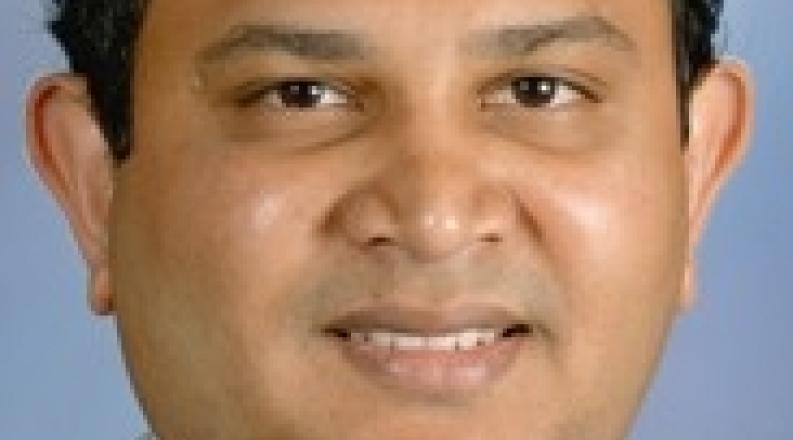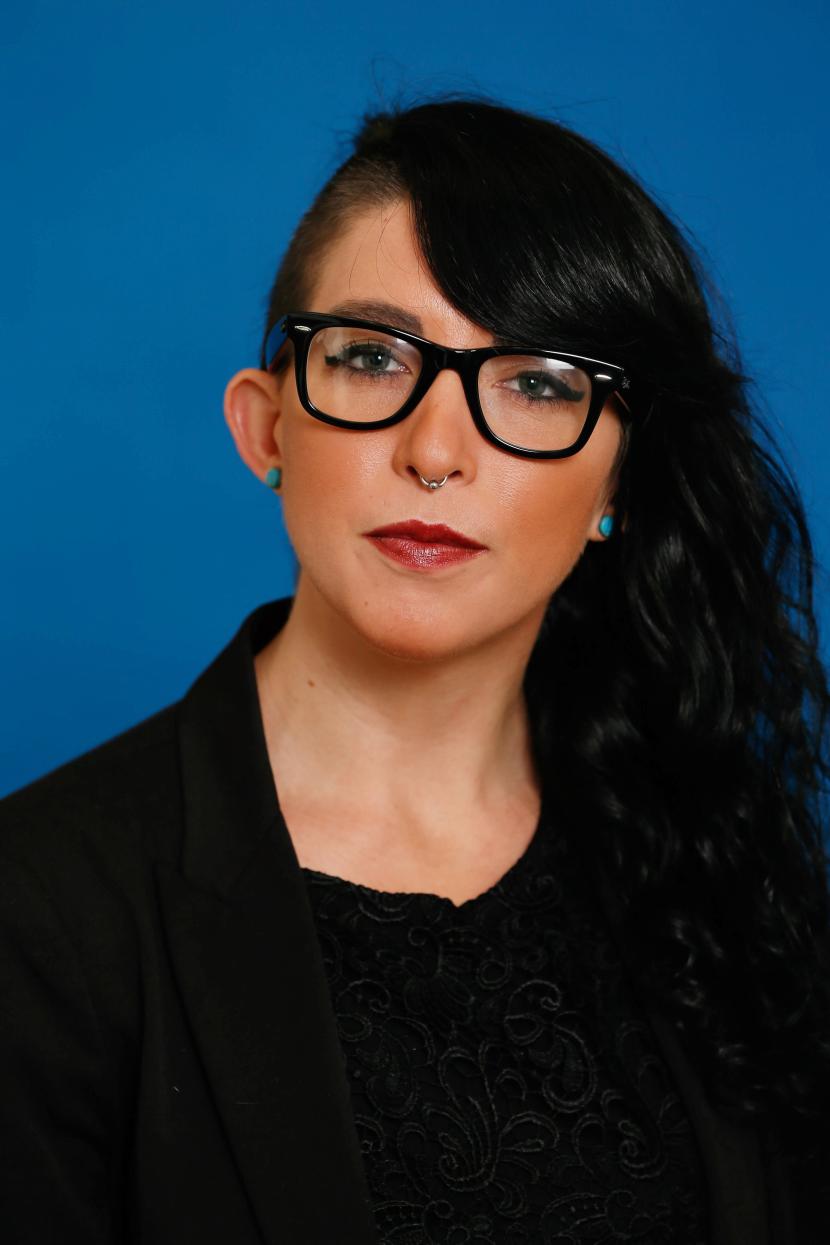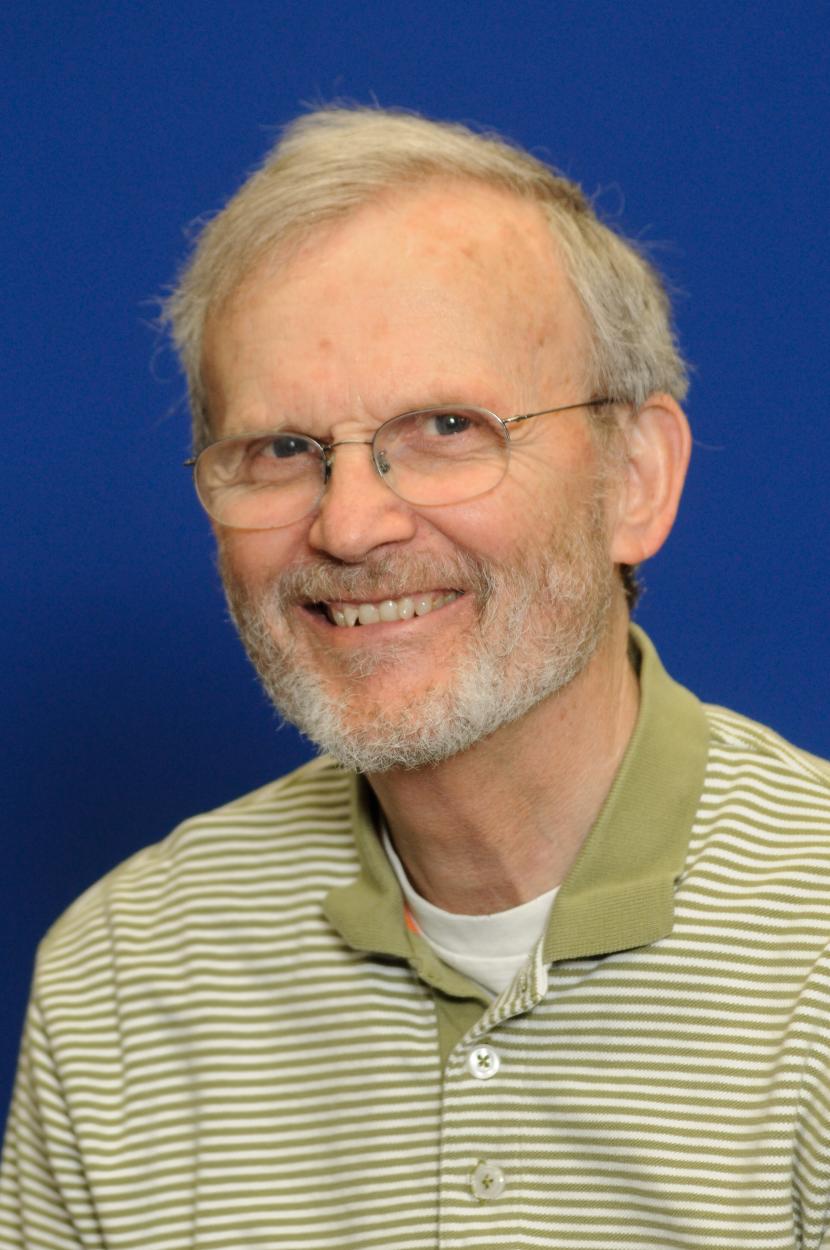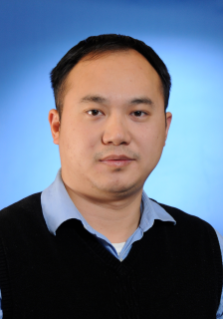By Tiffany Whitfield
Old Dominion University Computer Science Assistant Professor Sampath Jayarathna won the 2021 U.S. National Science Foundation (NSF) CAREER award for his groundbreaking research in real-time processing of eye tracking, "Eye Tracking Streaming Analytics." The research benefits neurodiverse children on the autism spectrum disorder or those who have attention-deficit/hyperactivity disorder.
Jayarathna received $550,000 to fund his research over the next five years. The award will allow his lab to advance research in real-time eye tracking data processing and analytics.
"If we can find a correlation between attention and workload using real-time eye tracking, the theoretical impact to the eye tracking research community and the societal contributions can be immense," he said.
The technology tracks how eyes react to stimuli in the environment, giving information about behavior and cognition.
"The eye movement data analytics is often computationally expensive, and most vendor software does not support automated real-time analysis of eye movements," Jayarathna said. "If we can process these eye movements in real-time, we can infer quantifiable information about covert cognitive processes such as human attention and working memory."
Jayarathna is collaborating with NASA to apply his real-time advance eye movement measures to air mobility operations.
"We are currently developing eye movement measures for a simulation environment to extract actionable information and alert physiological reactions during unpiloted training sessions," he said.
Children with autism have difficulty with joint attention, which is the ability to share focus on an object or area with another person.
"Our goal here is to develop real-time, multi-user eye-tracking measures to detect joint attention and develop intervention and behavior modification using game-based training of joint attention," Jayarathna said. "We focus on joint attention because this is one of the central impairments of early, nonverbal social communication in autism spectrum disorder.
"We are currently collaborating with BrainLeap, a startup that specializes in eye-tracking based attention training games for neurodiverse children to bring this technology to the forefront for kids with autism and other attention disorders."
The NSF CAREER award supports early career faculty who have the potential to serve as academic role models in research and education and to lead advances in the mission of their department or organization. NSF CAREER grants are awarded to fewer than 400 early career engineers and scientists each year.
Innovative research and community service are criteria for selection of awardees. Jayarathna partnered with local high schools to offer an eye-tracking game development summer camp and held summer computer coding and data science skills camps. "I have done computer coding lectures to inmates at the Norfolk City Jail and taught summer and academic semester coding lessons at Juvenile Detention Center in Norfolk for detained youth," he said.
One of my long-term goal is to improve educational accessibility and availability for detained students especially the ones with learning disabilities like ADHD and other visual perceptual disabilities," he said.
"Earning this award is very exciting," Jayarathna said. "It truly broadens the scope of what I've been working on and opens the door to impactful research in the eye tracking domain."
Jayarathna credits the College of Science and the Office of Research intramural funding for his success in securing the CAREER award.
"The NSF CAREER award is the most prestigious award in the field of science," said Ravi Mukkamala, professor and chair of the Department of Computer Science. "To receive one is a miracle, but we received two this year. This shows that our faculty are doing fantastic research work of high quality. It not only increases the prestige of the department, but also sets a good benchmark to meet for others."
Cong Wang, assistant professor in the Department of Computer Science and Center of Cybersecurity Education and Research, received an NSF CAREER award for his work on edge computing.
Jayarathna received a Ph.D. from Texas A&M University in 2016, M.S in Computer Science from Texas State University in 2010, and B.S. in Computer Science from the University of Peradeniya, Sri Lanka, in 2006. He joined Old Dominion University in 2018 after brief stint as an assistant professor at California State Polytechnic University Pomona.
Details of Sampath's research and education programs can be found on his Neuro-Information Retrieval and Data Science lab website: https://nirds.cs.odu.edu
Sampath's NSF CAREER Award: "Eye Tracking Steaming Analytics" #245523
Related News Stories
English Professor Alison Reed Earns John R. Broderick Diversity Champion Award
She co-founded and directs Humanities Behind Bars, a partnership among members of the ODU community as well as people incarcerated across Virginia. (More)
Bob Ash Retiring after 54 Years at ODU
The Eminent Scholar and professor of mechanical and aerospace engineering has won seven outstanding engineering faculty awards and received more than $6.3 million in federal grants. (More)
ODU Professor Receives National Science Foundation Award for COVID-19 Initiative
Wu He recently won the organization’s 2021 Director’s Award for Superior Accomplishments. (More)






